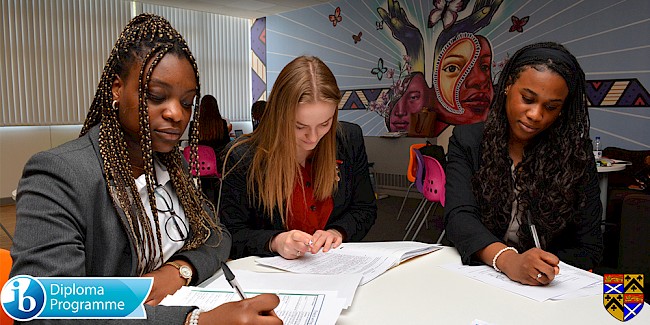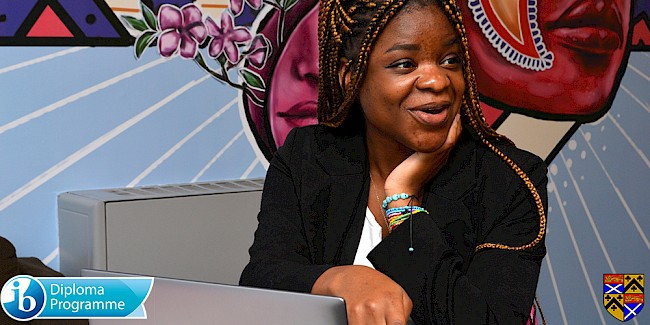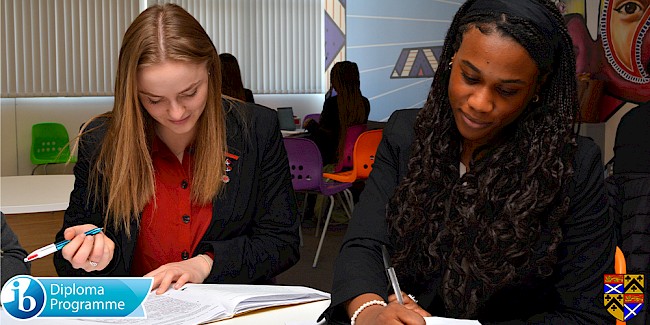Is the IB accepted by universities?
The IB is accepted by universities in the UK, the US and across the world and is highly valued. In 2020 we had 62% of students go onto study at one of the UK’s Top 10 Universities, and 59% took a place at one of the prestigious Russell Group Universities – which have a reputation for academic achievement and a shared focus on research.
What subjects are available?
Here are more details of the wide range of subjects currently available.
How does HL Maths equate to Maths A-level courses?
Higher Level Maths is more rigorous than A-level Maths. We recommend that only students who intend to go into a field directly related to maths opt for Maths at Higher Level.
What does the grading look like?
The IB is graded by a points system, with each of the six subjects marked out of seven. The Extended Essay and Theory of Knowledge are combined to give up to three core points. The total Diploma score is therefore a maximum 45 points.
What language course is right for me?
If you are opting for a language at Standard or Higher level you should be confident in your language ability, with a strong grade at GCSE, whereas ab initio courses presume no previous knowledge of the language and are only offered at Standard Level.
Do students need to be competent at a foreign language to pursue the IB?
Many of our students, including those who do not classify themselves as ‘linguists’, find the language component of the IB very accessible, we find that students choose to start a new language from scratch at the IB, taking an ab initio – which literally means ‘from the beginning’ – course builds abilities beyond GCSE level, in an accessible way.
This offers plenty of options to those who do not wish to specialise in a language but understand the importance of being able to engage with a foreign culture. They will still have plenty of time to focus on the other IB subjects that they do want to pursue to a higher


